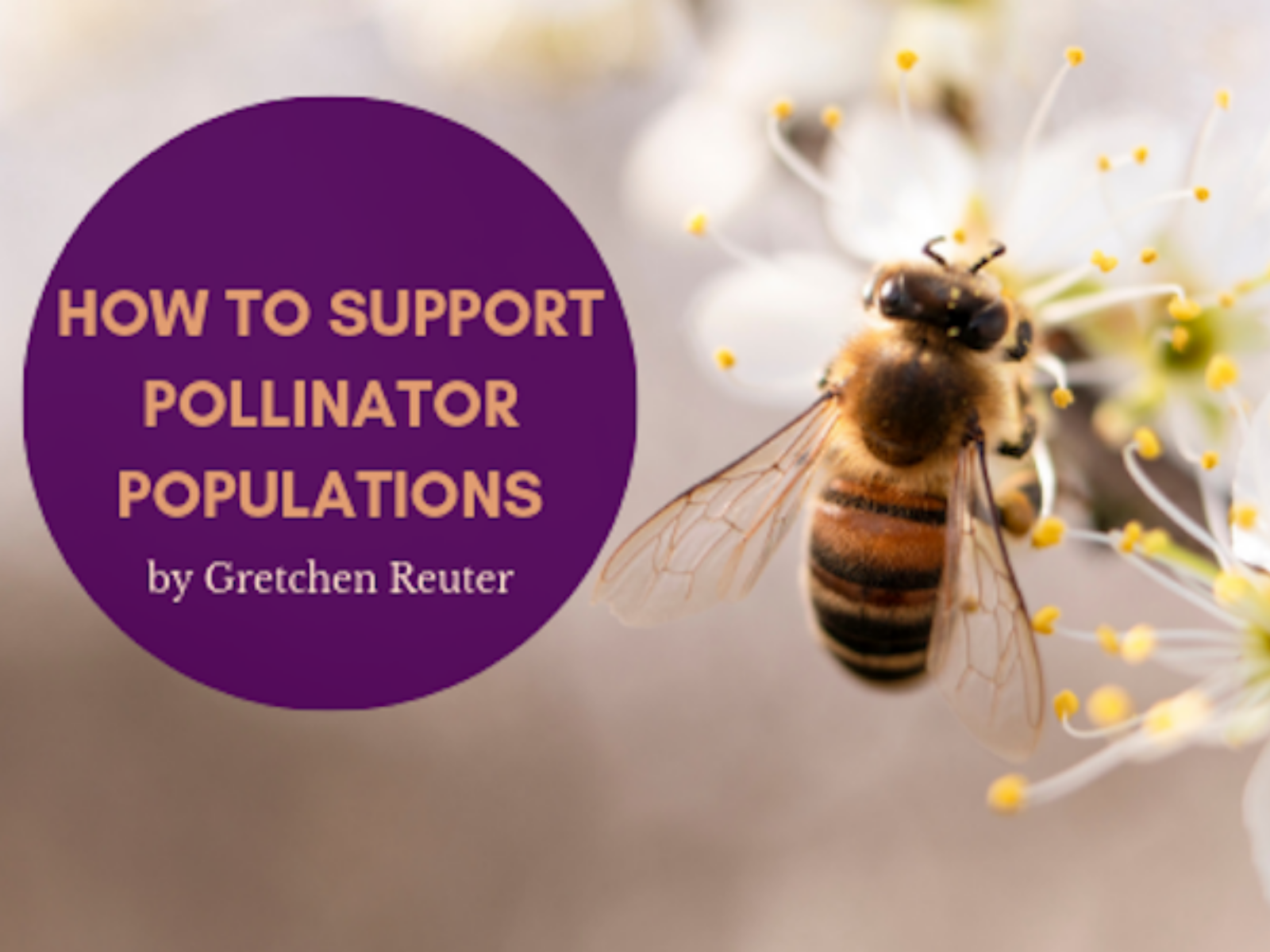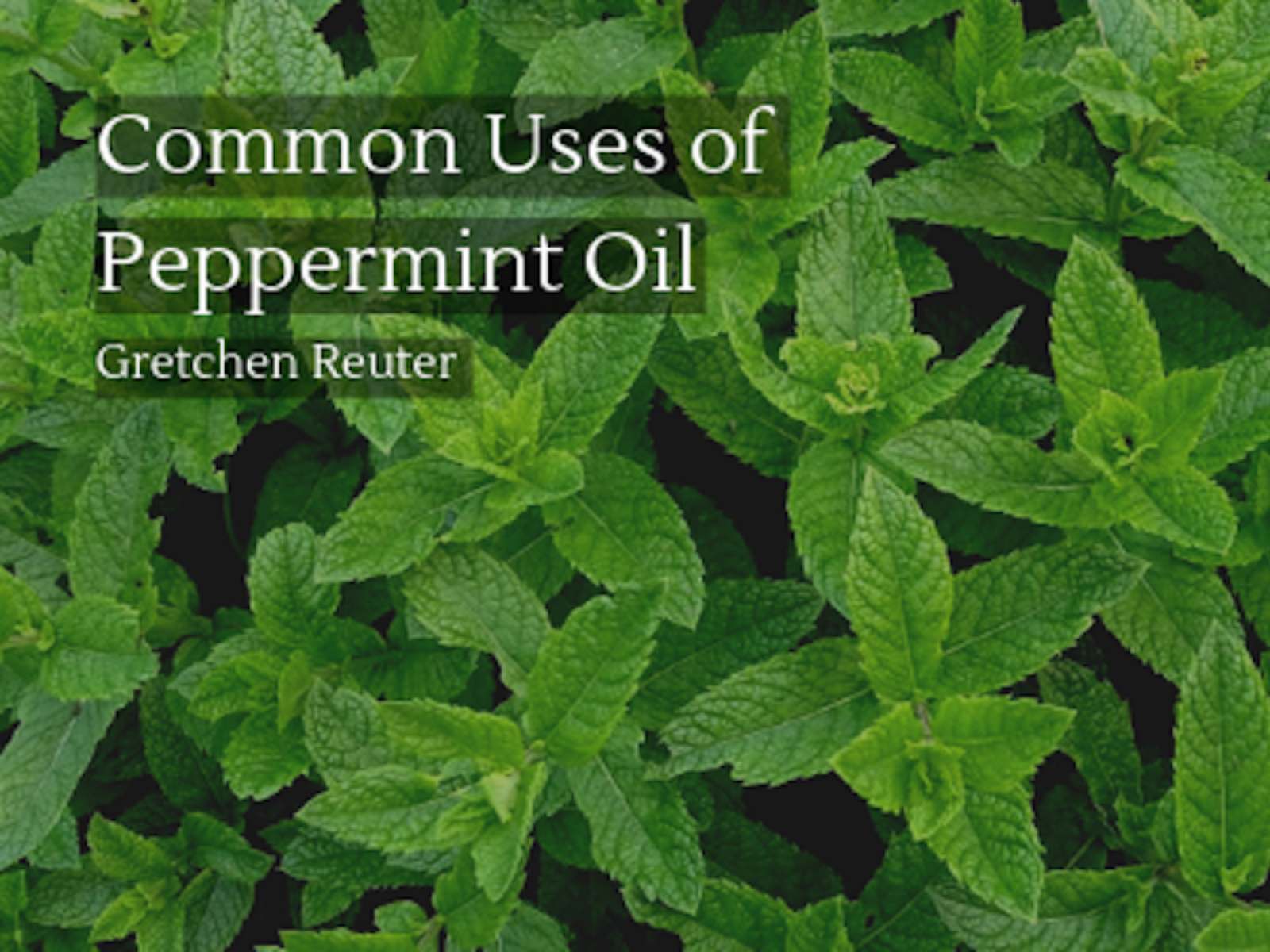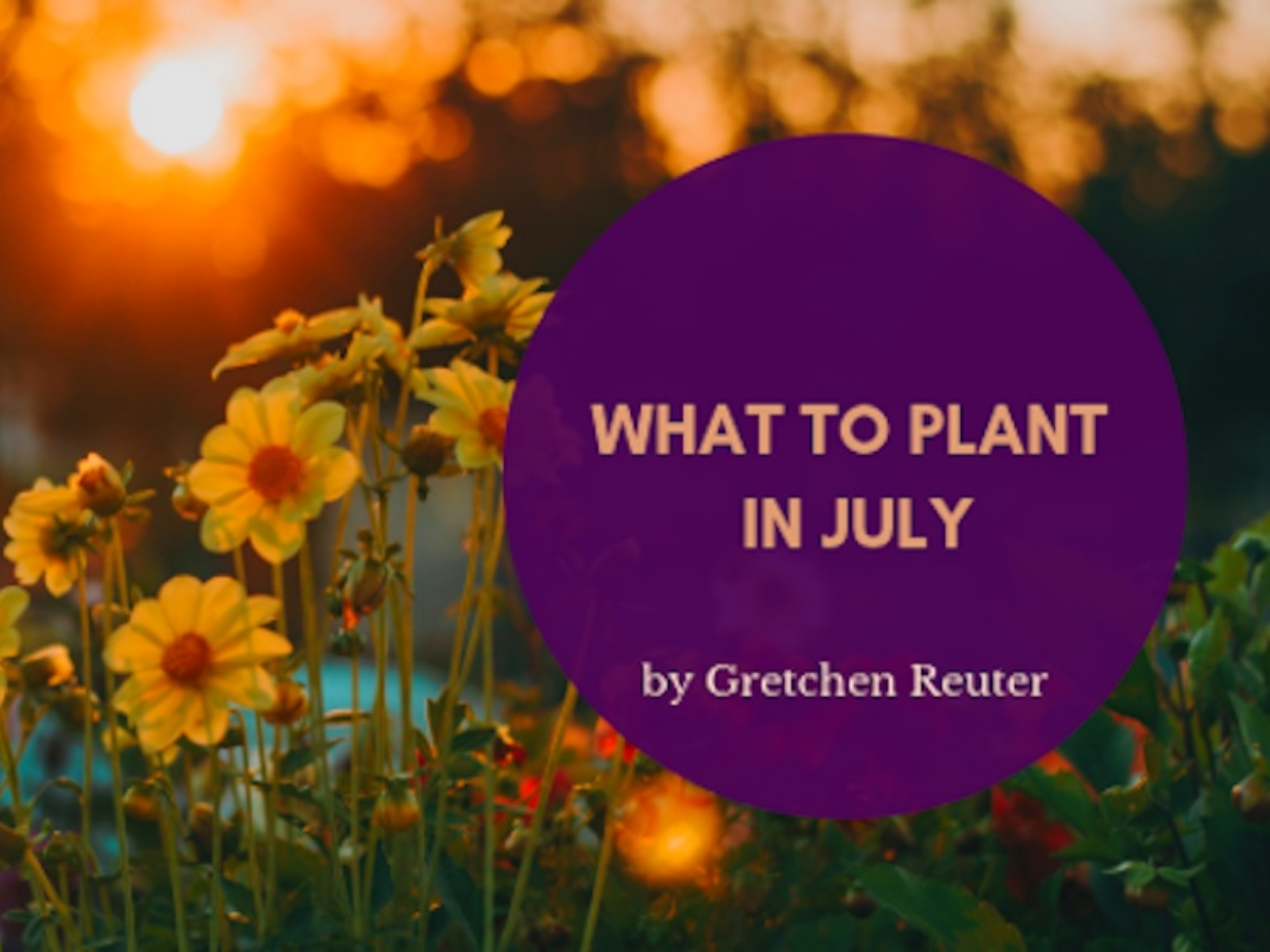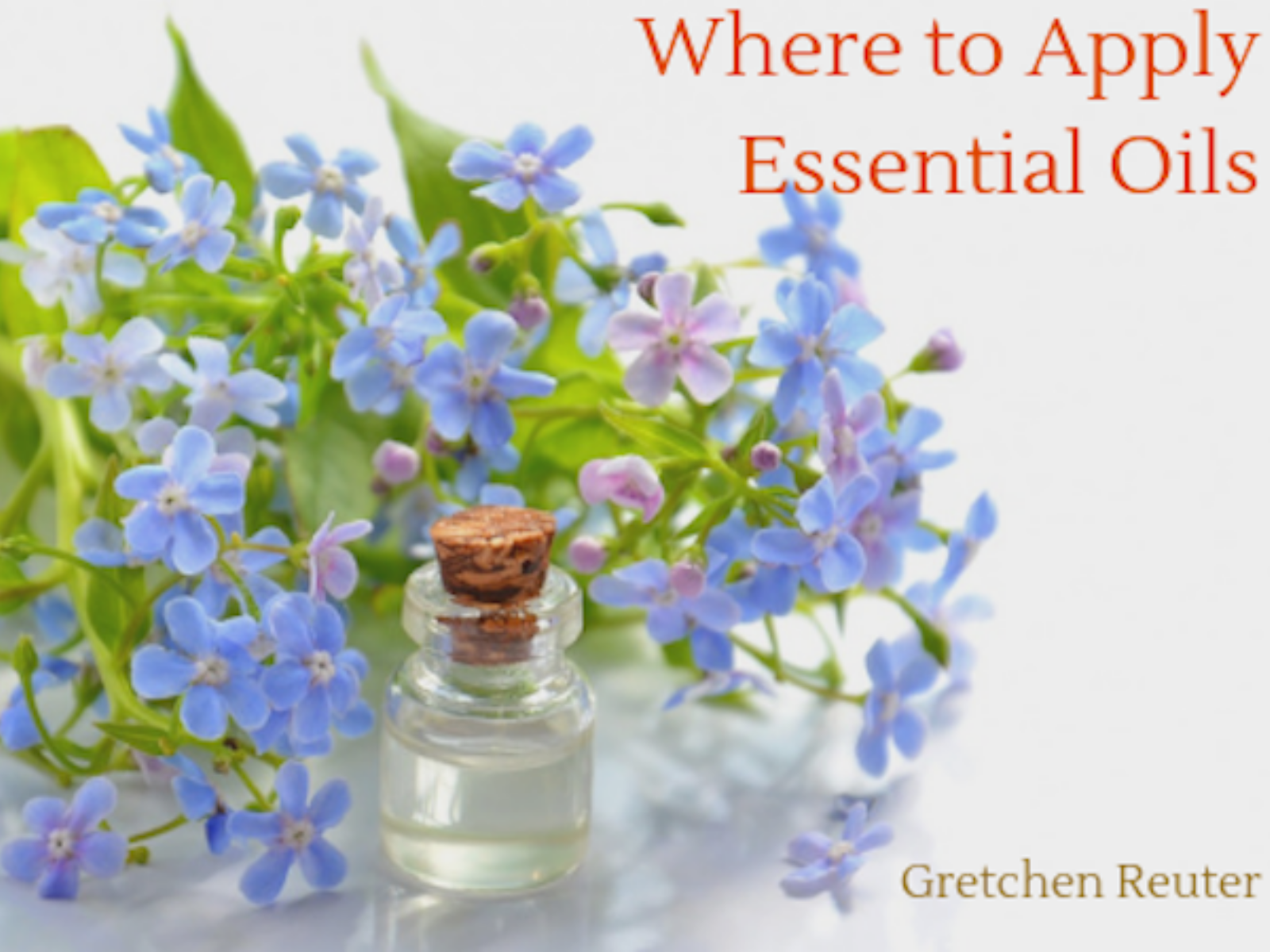Pollinators are essential for sustaining life on earth; without bees, we wouldn’t have much of the food we currently enjoy, and our overall health would suffer. With a globally recognized decline in pollinator populations, many gardeners are looking for ways to help attract and support honeybees, mason bees, and more. Fortunately, making a difference is relatively easy. Below are a few simple ways you can help support pollinator populations.
Plant Bee-Friendly Flowers
Though most gardens will inevitably attract bees, there are certain breeds and varieties that are better for pollinators because of their pollen production and habitat provision. Among these key plants are:
Lavender
Oregano
Black-Eyed Susans
Catnip
Sunflowers
Daisies
Asters
Mint
Snapdragons
There are dozens of additional varieties to consider planting in your garden. Consider choosing plants that come in blues, purples, and yellows as these colors are more attractive to bees. Flowers with concealed nectar spurs are also popular among long-tongued bees. Be sure to look into what plants are best and assess the amount of care necessary to maintain a garden with such plants.
Provide Additional Habitats
When fostering a bee-friendly garden, it is important to remember that pollen-rich plants are not sufficient. You should also aim to provide suitable habitats for bees to live. Different bees have different needs; some bees prefer to burrow, so patches of bare soil or mud are beneficial. Other bees require wood to nest. You should also provide a supply of fresh water in a container that features stones or sticks for bees to land on. A bee bath that you consistently replenish will encourage bees to return to your garden.
Raise Bees
No matter where you live, it is possible to raise bees. This hobby is gaining more popularity over the years, and raising bees not only helps sustain the population, it can also provide you with a supply of honey to use or sell. Establishing and maintaining a beehive is not terribly difficult, and with some commitment, you can help grow the pollinator population in your area.
Bees and other pollinators are essential for all life. By planting bee-friendly flowers, providing for bee needs, and even nurturing your own colony, you can help support the growth of existing populations and combat the effects of colony collapse disorder.
Please login to comment.







